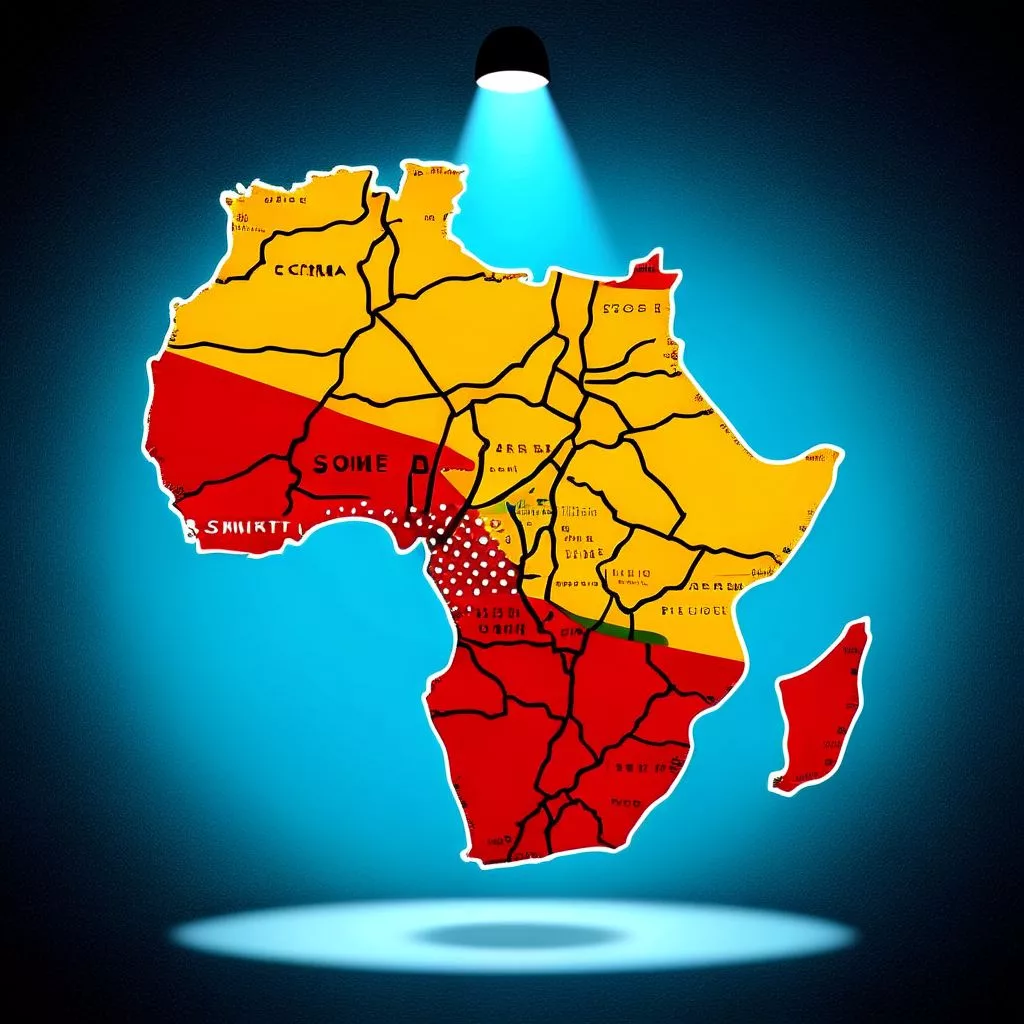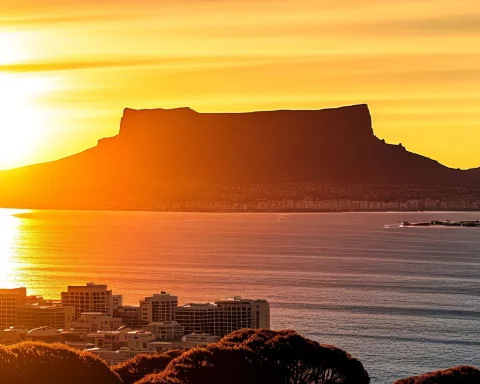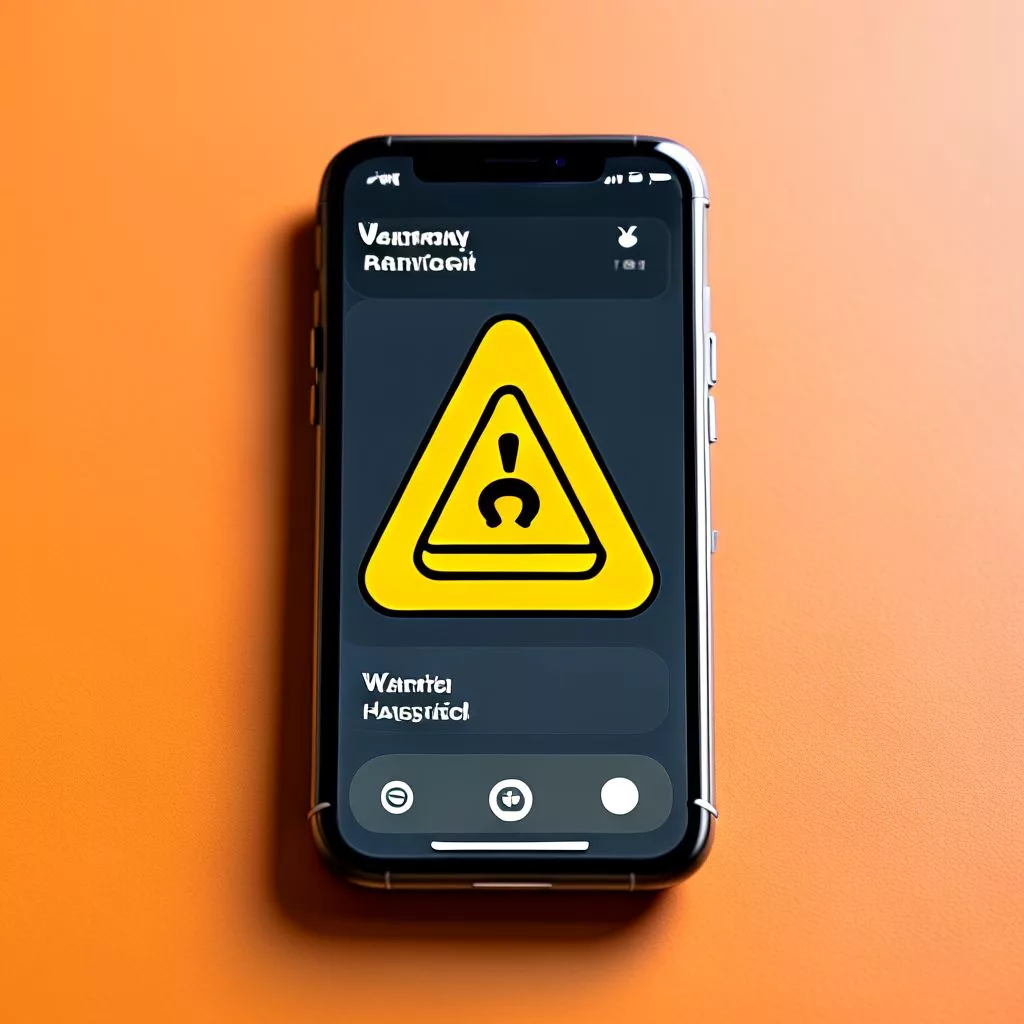Roland Schoeman, a former Olympic swimmer, is now using his voice to highlight serious problems in South Africa, like crime and corruption. He recently sparked a big conversation on Twitter, urging people to share their stories about the struggles they face, especially around issues like land reform. Reactions to his call have been mixed; some support it as a chance to discuss important topics, while others criticize him for focusing too much on one group. Despite the debates, Schoeman’s efforts remind us that South Africa’s challenges are complex and need open, honest conversations for real change.
What Issues is Roland Schoeman Addressing in South Africa?
Roland Schoeman is raising awareness about pressing issues in South Africa, including crime, corruption, and governance challenges. His activism seeks to spark dialogue around these topics, particularly land reform and racial dynamics, inviting diverse perspectives for a more comprehensive understanding of the nation’s complexities.
From Athlete to Advocate
Roland Schoeman, once celebrated for his remarkable achievements in the Olympic swimming arena, has embarked on a new journey in the United States as a real estate agent. While his career has taken a different turn, his passion for his homeland remains fervent. Recently, Schoeman waded into contentious waters by raising awareness about pressing issues in South Africa, utilizing social media as his platform of choice. His outspoken nature, particularly on Twitter, has sparked both admiration and criticism as he draws attention to the crime, corruption, and governance challenges facing the nation.
Schoeman’s activism took a bold step forward when he tweeted at Joe Rogan, a prominent and often polarizing podcaster. His request was simple yet powerful: invite South Africans to share their stories about the “atrocities” affecting everyone in the country. The tweet quickly gained traction, not just for its compelling content but also for the strategic tagging of influential personalities like former US President Donald Trump and billionaire Elon Musk. This move ignited a global debate, drawing mixed reactions from audiences both in South Africa and abroad.
The timing of Schoeman’s call for action coincides with heightened tension around land reform, crime, and racial dynamics in South Africa. The nation’s complex past, characterized by colonialism and apartheid, continues to cast a long shadow over its present. While post-apartheid efforts have aimed at addressing racial inequalities, the journey toward true equality is still ongoing. The controversial narrative of a “white genocide” in South Africa, often circulated by far-right groups, adds another layer of complexity to the conversation, as it lacks empirical evidence but remains a topic of heated debate.
A Nation Divided: Reactions to the Call
Schoeman’s appeal unearthed a wide array of reactions, reflecting the diversity of opinions within South Africa. Comedian Riaad Moosa was quick to criticize Schoeman, accusing him of focusing narrowly on white farmers’ struggles while overlooking the systemic challenges affecting all racial groups in the country. This sentiment is echoed by many who argue for a more inclusive approach in addressing South Africa’s multifaceted issues.
On the other hand, Brett Herron, a political figure, advocated for a balanced and fact-based discussion, emphasizing the importance of real-time fact-checking to navigate the complexities of South Africa’s challenges. Such calls for a nuanced dialogue underscore the need for conversations that go beyond sensationalism, aiming instead for a comprehensive understanding of the issues at hand.
Journalist Redi Tlhabi offered a more supportive perspective, viewing Schoeman’s initiative as an opportunity to shed light on vital issues like crime and land ownership. These topics, deeply entwined with South Africa’s historical context, require urgent attention. The legacy of land dispossession, exacerbated by apartheid policies, remains a source of contention. Despite government-led land reform efforts, progress has been slow and met with frustration, sometimes leading to conflict.
The Complexity of Privilege and Power
Amid the diverse responses, Michael De Villiers accused Schoeman of seeking empathy for a “privileged few” who perceive the erosion of dominance as oppression. This critique highlights the intricate dynamics of privilege and power in post-apartheid South Africa. While the transition to democracy marked a significant turning point, dismantling entrenched socio-economic structures is a long and challenging process. The discourse surrounding privilege and disadvantage often ignites passionate debates, reflecting the broader struggle for genuine equality in a diverse society.
The aftermath of Schoeman’s tweet showcased a myriad of voices on social media, illustrating the varied experiences and perspectives within South Africa. Critic Andile Ncube questioned Schoeman’s motives, suggesting that his past political alignments cast doubt on his current stance. This criticism points to a larger issue: the responsibility of public figures to utilize their platforms thoughtfully and responsibly. When addressing complex societal issues, context and accuracy are crucial to avoid misinformation and further division.
In a constructive twist, Clayson Monyela expressed a willingness to engage in any potential discussion with facts and evidence. His readiness to participate underscores the importance of informed dialogue in tackling South Africa’s challenges. By incorporating accurate data and diverse perspectives, conversations can become more productive, paving the way for meaningful change.
Navigating a Path Forward
The fervent responses to Schoeman’s appeal highlight the sensitivity of the issues at hand. Crime, land reform, and racial tensions are not isolated problems but are woven into South Africa’s socio-economic fabric. Addressing these challenges requires more than mere sound bites; it demands a deep understanding of historical contexts, current realities, and the aspirations of all South Africans.
Schoeman’s intentions, while controversial, underscore the ongoing need for dialogue about South Africa’s future. His approach—seeking international platforms to discuss national concerns—mirrors a globalized world where information transcends borders. Yet, the discourse must be anchored in truth and inclusivity, acknowledging the diverse experiences of South African citizens. As public conversations continue, it is imperative to approach them with empathy, understanding, and a commitment to the collective advancement of society.
“`markdown
What motivated Roland Schoeman to speak out on South African issues?
Roland Schoeman’s motivation stems from his deep connection to his homeland. After transitioning from Olympic swimming to a career in real estate, he utilized his platform to raise awareness about pressing issues in South Africa, such as crime, corruption, and governance challenges. His recent call for dialogue on social media reflects his commitment to addressing these complex problems.
What are the main issues Schoeman is highlighting?
Schoeman is drawing attention to several critical issues in South Africa, primarily focusing on crime, corruption, and the need for land reform. He emphasizes the importance of open conversations about racial dynamics and governance to foster a more comprehensive understanding of the challenges faced by the nation.
How have people reacted to Schoeman’s call for dialogue?
Reactions to Schoeman’s appeal have been mixed. While some individuals and public figures support his initiative as a vital opportunity to discuss significant issues, others have criticized him for allegedly narrowing the focus to specific groups. The dialogue has sparked debates about inclusivity and the necessity of addressing systemic challenges that affect all South Africans.
What controversies surround the topic of land reform in South Africa?
Land reform in South Africa is a contentious issue tied to the country’s history of colonialism and apartheid. Although there are government-led efforts to address historical injustices, progress has been slow and fraught with tension. The narrative of “white genocide” circulated by far-right groups adds complexity to discussions, often lacking empirical backing while still provoking heated conversations.
How does privilege play a role in the discussions surrounding Schoeman’s activism?
Privilege is a central theme in the critiques of Schoeman’s activism. Some critics argue that he is advocating for the concerns of a “privileged few,” potentially overlooking the broader systemic issues affecting a diverse population. This points to the ongoing struggle for genuine equality in post-apartheid South Africa, where socio-economic disparities remain entrenched.
What is the importance of inclusive dialogue in addressing South Africa’s challenges?
Inclusive dialogue is crucial for addressing the complex issues surrounding crime, land reform, and racial tensions in South Africa. Open conversations that incorporate diverse perspectives and factual discussions can foster understanding and empathy among citizens. Such discourse is essential for paving the way toward meaningful change and collective advancement in society.
“`












